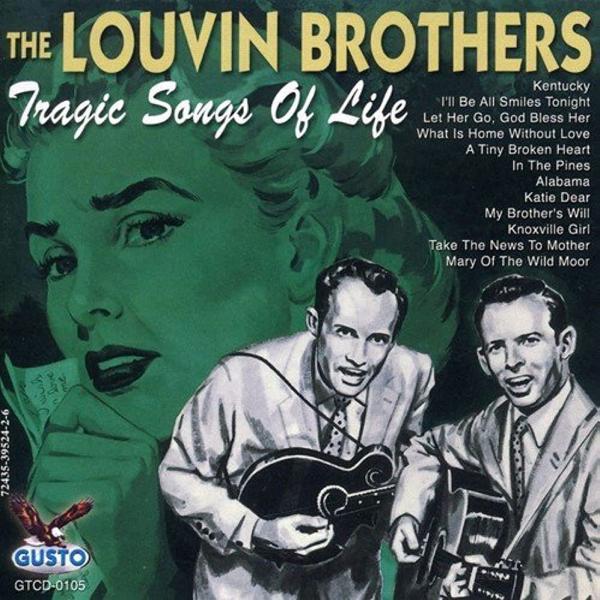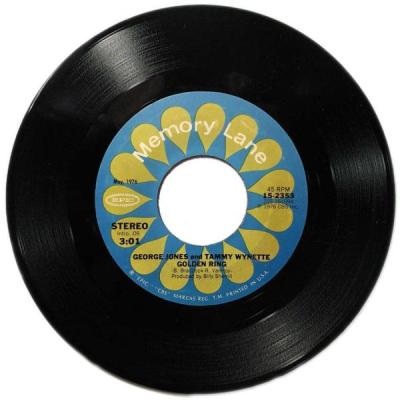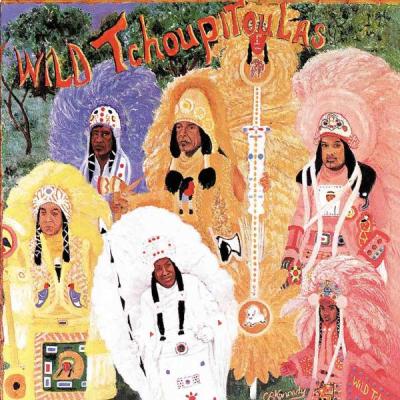


The Louvin Brothers: Tragic Songs of Life
Album #3 - July 1956
Episode date - April 5, 2023
It surely comes as no surprise to see that most classic country albums from this era rarely if ever saw the light of day on Billboard’s main album chart, being relegated instead to a regional ‘Country and Western’ chart, just as black artists found themselves assigned to the ‘Race/Rhythm and Blues’ chart.
Stuff like this was hardly ever heard above the Mason-Dixon line, and our culture is poorer for that. The Louvin Brothers represent a classic country-western sound that has been completely neglected, buried and forgotten by contemporary country artists. Nothing coming out of the Nashville hit machine even remotely resembles this style any longer, and it hasn’t for a half-century. Charlie Louvin usually played acoustic while his brother Ira played mandolin as if it were going out of style, which, apparently, it was. What is now referred to as ‘Americana’ is the only place where you can hear contemporary music that depicts a direct lineage to (and deep respect for) the Louvins.
The brothers’ instrumental skills were superb, but their vocal talent can raise the hair on your arms. Ira usually sang the keening tenor line while Charlie sang lead beneath him, but they were also known to suddenly switch roles, making it difficult to discern who was who, even when performing live. They served as a prototype for the Everly Brothers, perhaps the only subsequent duet who came close to the idealized harmonies of the Louvin Brothers (and it proves the axiom that something magical happens when siblings harmonize). As might have been expected, the brothers started out singing Gospel music, thus constituting the similarities in the history of Country/Western and Rhythm and Blues music, but with a hard racial divide. As might not have been expected, the Louvins’ real last name is Loudermilk, first cousins of famed Nashville songwriter John D. Loudermilk (“Then You Can Tell Me Goodbye”, “Tobacco Road”, “Indian Reservation”). The Louvins wrote a few songs themselves that became part of the ‘Great Americana Songbook”, including “If I Could Only Win Your Love,” “Cash on the Barrelhead” and “The Christian Life”.
“Tragic Songs of Life” is their second, and arguably, their best album. Dating back as far as recorded music can take us, there is plenty of evidence that tragedy plays as a core element of American music (I highly recommend the six disk “Anthology of American Folk Music” collection which was released in 1952 – 1997 on CD - for the historic evidence of this fact), so the Louvins had a deep vein of songs to choose from. Oddly, each side starts with a pleasant tribute to Kentucky (side one) or Alabama (side two) that conveys no sense of tragedy at all, but they serve the nostalgic purpose of providing a geographic location for much of the violence and sadness that follows. Murder, suicide and betrayal are the order of the day here, often presented as waltz-time ballads that somehow manage to sidestep morbidity due to the pure beauty of the brothers intermingled voices. “Tragic Songs of Life” may have been regional in its subject matter and also its distribution, but its emotional power and relevance lingers on.
Featured Tracks:
Kentucky
I'll Be All Smiles Tonight
Let Her Go, God Bless Her
What Is Home Without Love
A Tiny Broken Heart
In The Pines
Alabama
Katie Dear
My Brother's Will
Knoxville Girl
Take the News to Mother
Mary of the Wild Moor
July 1956 – Billboard Did Not Chart
Related Shows
- 1 of 20
- ››













